 |
 |
 |
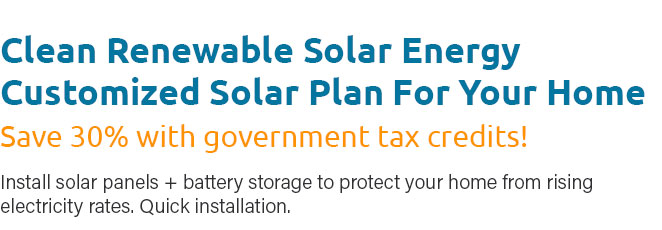 |
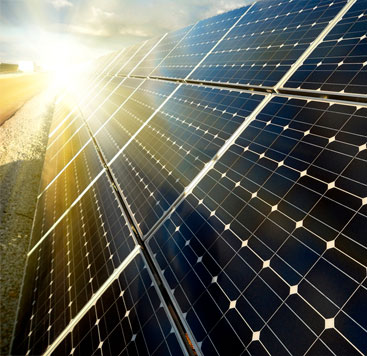 |
 |
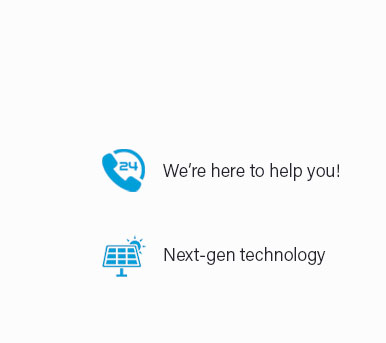 |
 |
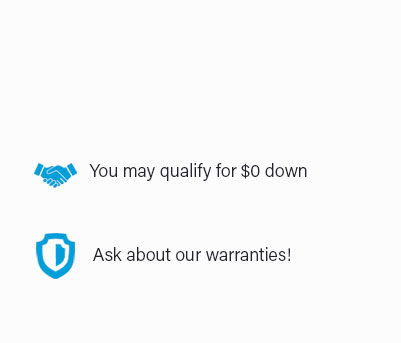 |
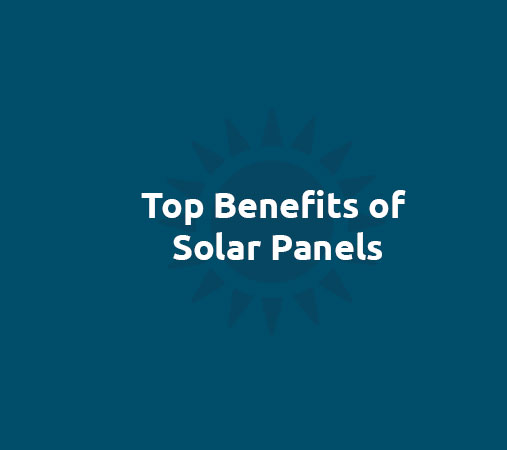 |
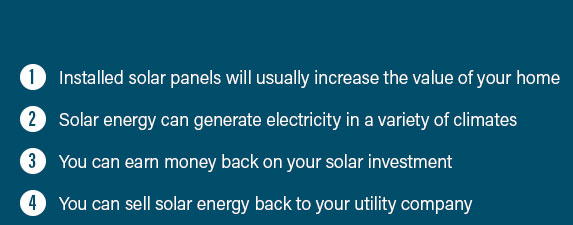 |
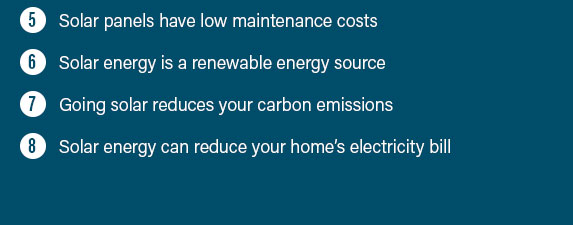 |
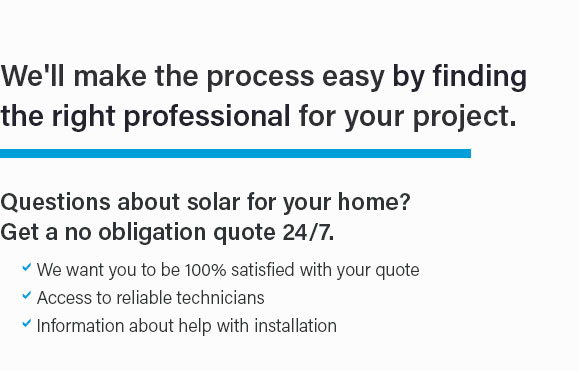 |
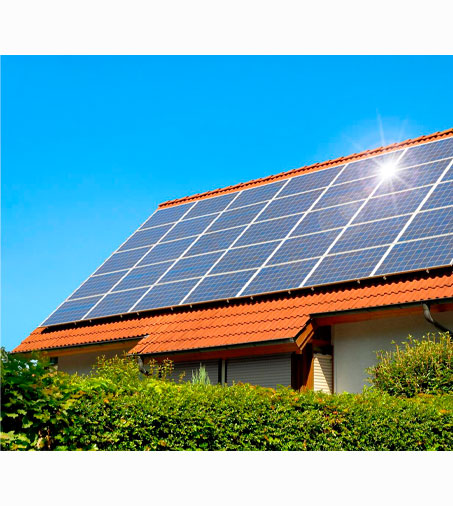 |
|
 |
 |
 |
Important Considerations for Solar Power Installed in Your HomeAs the world shifts towards renewable energy, installing solar power in homes has become an attractive option for many. This article explores the essential factors to consider when planning to install solar panels. Understanding Solar Power SystemsBefore installation, it's crucial to understand the basics of solar power systems. Components of a Solar Power System
Choosing the Right SystemChoosing the right system involves evaluating your energy needs and budget. You might consult solar pv installers to tailor a system that fits your specific requirements. Installation ConsiderationsThere are several key considerations to keep in mind during the installation process. Location and Roof SuitabilityYour location plays a critical role in the efficiency of solar panels. The roof should be structurally sound and have ample sunlight exposure. Government IncentivesCheck for any government incentives or rebates available to reduce installation costs. These can significantly impact the overall expense. Maintenance and LongevitySolar panels require minimal maintenance, but regular checks ensure optimal performance. Regular CleaningDust and debris can accumulate on panels, reducing efficiency. Occasional cleaning is recommended to maintain maximum energy production. Monitoring System PerformanceInstall a monitoring system to track energy production and identify any potential issues quickly. For more localized advice, you might contact solar panel installers adelaide for specific regional insights. FAQ SectionHow much does it cost to install solar panels?The cost varies based on system size, location, and available incentives. On average, it can range from $10,000 to $30,000 before incentives. Can solar panels work during cloudy days?Yes, solar panels can still generate electricity on cloudy days, though at a reduced efficiency compared to sunny days. What is the lifespan of solar panels?Solar panels typically last between 25 to 30 years with proper maintenance. https://www.iea.org/energy-system/renewables/solar-pv
Benefitting from supportive policies, the cost of electricity generated from solar ... https://ember-energy.org/latest-insights/solar-power-continues-to-surge-in-2024/
Ember estimates that at the current rate of additions, the world will install 593 GW of solar panels this year. That's 29% more than was installed last year, ... https://www.irena.org/Energy-Transition/Technology/Solar-energy
CSP is used to generate electricity in large-scale power plants. By the end of 2020, the global installed capacity of CSP was approaching 7 GW, a fivefold ...
|